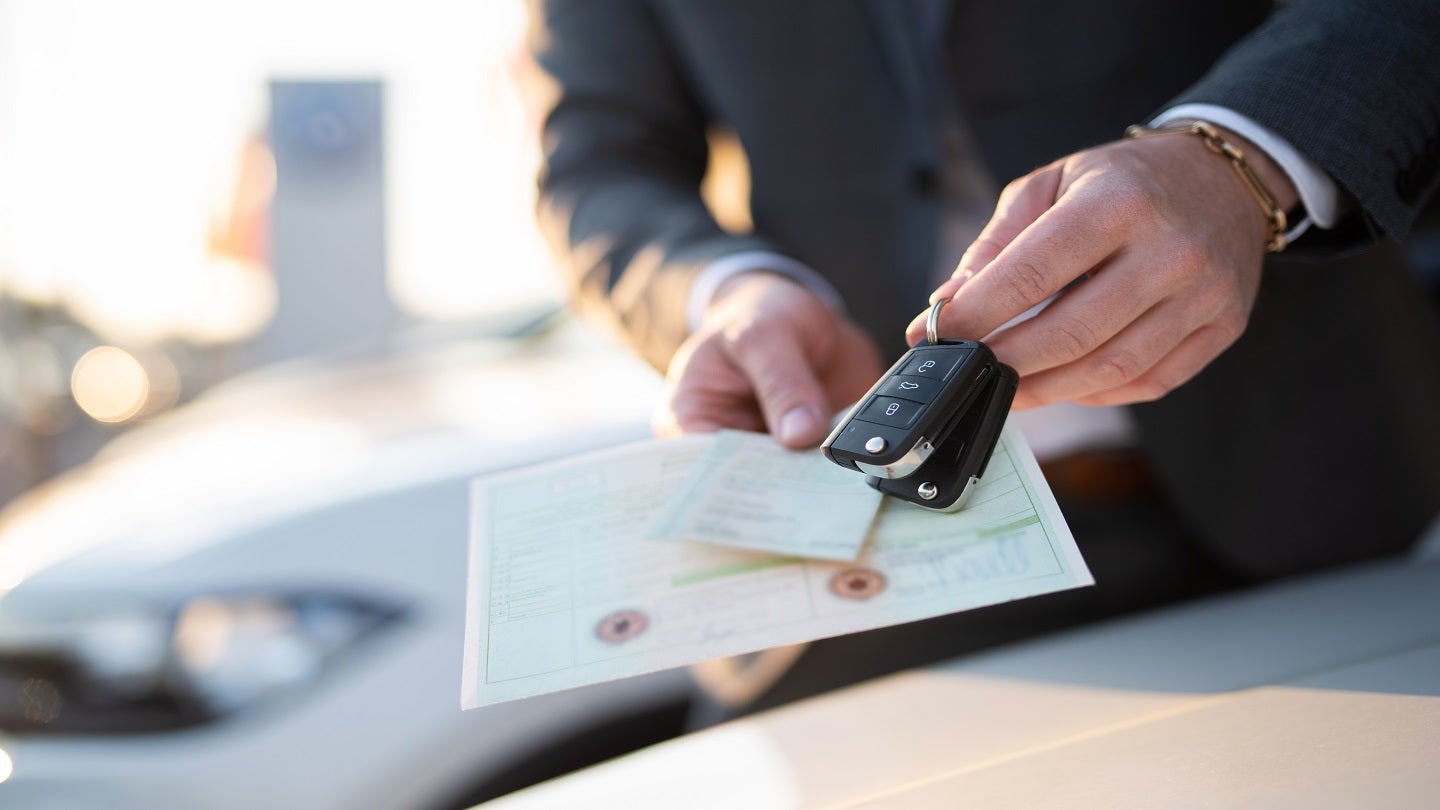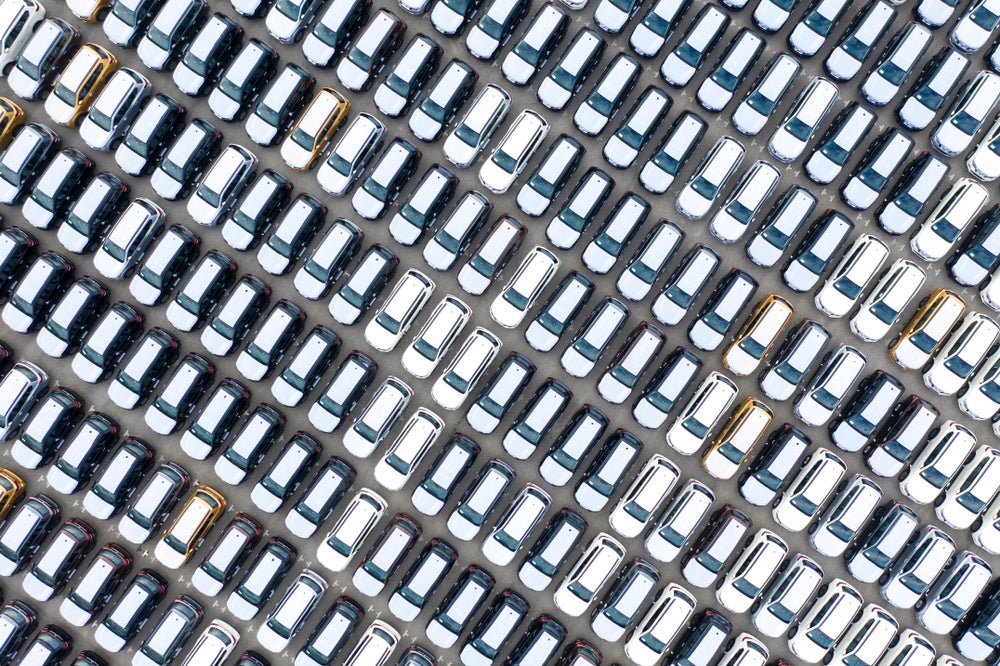
In the first half of 2025, new car registrations in the European Union (EU) reported a drop of 1.9% compared to the same period last year, according to data revealed by the European Automobile Manufacturers’ Association (ACEA).
The downturn was particularly pronounced in June, which saw a year-on-year drop of 7.3%, reflecting the ongoing challenges faced by automakers in a “challenging global economic environment”.

Access deeper industry intelligence
Experience unmatched clarity with a single platform that combines unique data, AI, and human expertise.
The market share for battery-electric vehicles (BEVs) reached 15.6% in H1 2025, an increase from 12.5% in H1 2024, yet still falling short of the targets set for the transition to electric mobility.
In contrast, hybrid-electric models continued to gain traction, becoming the most popular choice among consumers, with a market share of 34.8%.
Battery-electric car sales totalled 869,271 units in the first half of the year, with notable growth in three of the four largest EU markets: Germany (+35.1%), Belgium (+19.5%), and the Netherlands (+6.1%).
However, France reported a decline of 6.4% in BEV registrations.

US Tariffs are shifting - will you react or anticipate?
Don’t let policy changes catch you off guard. Stay proactive with real-time data and expert analysis.
By GlobalDataHybrid-electric car registrations surged to 1,942,762 units, driven by strong performances in France (+34.1%), Spain (+32.8%), Italy (+10%), and Germany (+9.9%).
Plug-in hybrid electric cars also saw an increase, with registrations reaching 469,410 units, bolstered by significant growth in Germany (+55.1%), Spain (+82.5%), and Italy (+56.3%).
This segment now constitutes 8.4% of total car registrations in the EU, up from 6.9% in June 2024.
Notably, the market share of petrol and diesel cars fell sharply. By the end of last month, petrol cars accounted for 28.4% of the market, a decrease from 35.4% while diesel vehicles held a 9.4% share after a 28.1% slump in the market.







